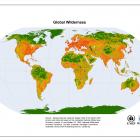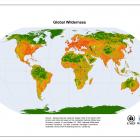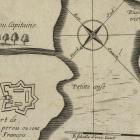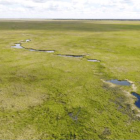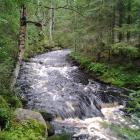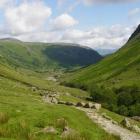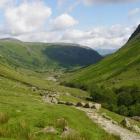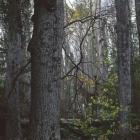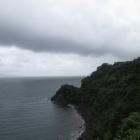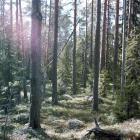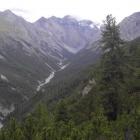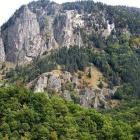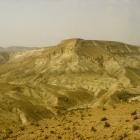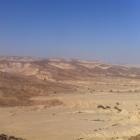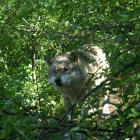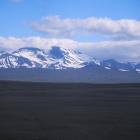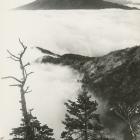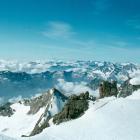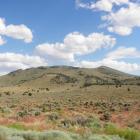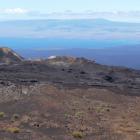Wildnis—German
Not surprisingly, the meaning of the German Wildnis has changed considerably over time. Within this history of meanings there is, however, one strong continuity: Wildnis has always been an “other place,” a place of difference, distinct by its very separation from society’s cultivated spaces. Thus, past and present accounts of Wildnis reveal more about contemporaries’ social imagination than nature’s physical features.
Etymologically, Wildnis is related to the words Wald (forest) and Wüste (desert or wasteland). All these words share an original meaning of a land that is not cultivated. During the Middle Ages, Wildnis became most closely associated with dense forests, and later on with mountainous areas as well. The Wildnis was imagined as an unfriendly and dangerous place where wild beasts roamed, including wild men and demons of all kinds. It was definitely a place to avoid. In popular fairy tales children got lost in it, while it also provided the stage for heroic tales of knights displaying their courage by deliberately entering the Wildnis to rescue princesses and fight wild creatures.
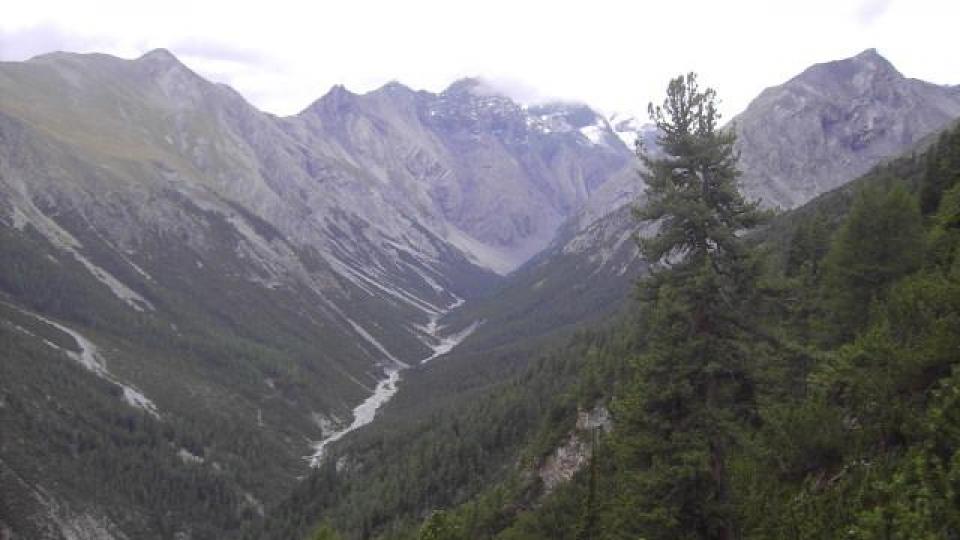
View of the Val Cluozza in the Swiss National Park. Photograph by Patrick Kupper, 2007.
View of the Val Cluozza in the Swiss National Park. Photograph by Patrick Kupper, 2007.
 This work is licensed under a Creative Commons Attribution-NonCommercial-ShareAlike 3.0 Unported License.
This work is licensed under a Creative Commons Attribution-NonCommercial-ShareAlike 3.0 Unported License.
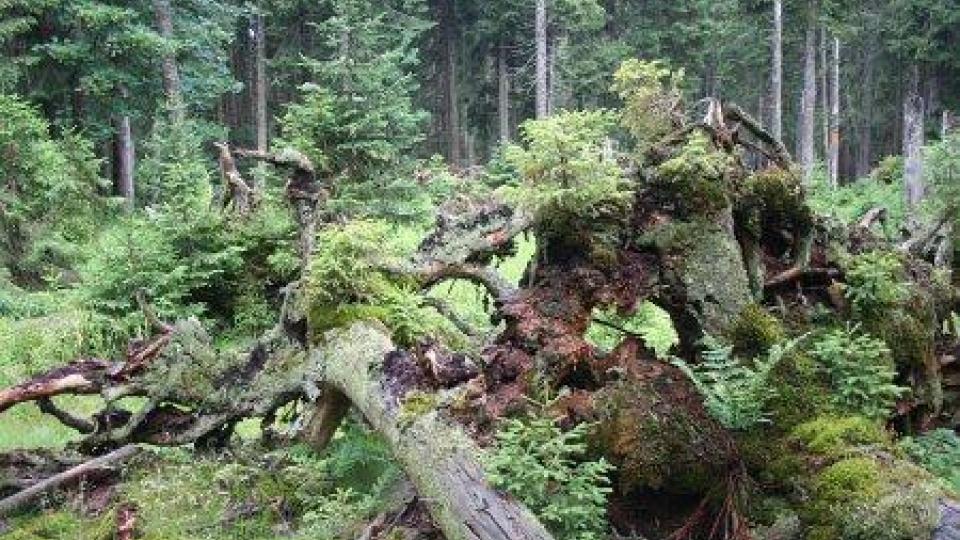
The Bavarian Forest National Park. Photograph by Patrick Kupper, n.d.
The Bavarian Forest National Park. Photograph by Patrick Kupper, n.d.
 This work is licensed under a Creative Commons Attribution-NonCommercial-ShareAlike 3.0 Unported License.
This work is licensed under a Creative Commons Attribution-NonCommercial-ShareAlike 3.0 Unported License.
Thus, Wildnis was associated with both imaginary spaces of wildness and more specific places surrounding or bordering the inhabited landscape. Starting in the seventeenth century, we start to see more positive connotations evolve. Similar to “wild nature” in other European regions, Wildnis could become something sublime: experiencing it was aesthetically fulfilling and morally uplifting. Romanticism strongly reinforced this trend, thereby paving the path for an ideology of nature conservation. Wildnis did not become a major topic in conservation practice, however, mainly due to the lack of places matching the idealized conception of Wildnis. There was some discussion about Verwilderung (reverting cultivated places to wilderness), but for most of the twentieth century, and in contrast to the term “wilderness” in the United States, Wildnis remained restricted to everyday speech. Only over the past few decades the term became incorporated into both scientific and outdoor recreation discourses, thereby reflecting a new emphasis in global conservation on the protection of natural places and processes.
What does wilderness mean in your language? Browse “Wilderness Babel” via the map.
Live map showing the location of the languages featured in the virtual exhibition. What does wilderness mean in your language? Browse “Wilderness Babel” via the map.
- Kirchhoff, Thomas and Ludwig Trepl, eds. Vieldeutige Natur: Landschaft, Wildnis und Ökosystem als kulturgeschichtliche Phänomene. Bielefeld: transcript, 2009.
- Kupper, Patrick. Wildnis schaffen: Eine transnationale Geschichte des Schweizerischen Nationalparks. Bern: Haupt, 2012.
- Schama, Simon. Landscape and Memory. London: HarperCollins, 1995.
- Stremlow, Matthias, and Christian Sidler. Schreibzüge durch die Wildnis: Wildnisvorstellungen in Literatur und Printmedien der Schweiz. Bern: Haupt, 2002.
- Vicenzotti, Vera. Der Zwischenstadt-Diskurs: Eine Analyse zwischen Wildnis, Kulturlandschaft und Stadt. Bielefeld: transcript, 2010.



